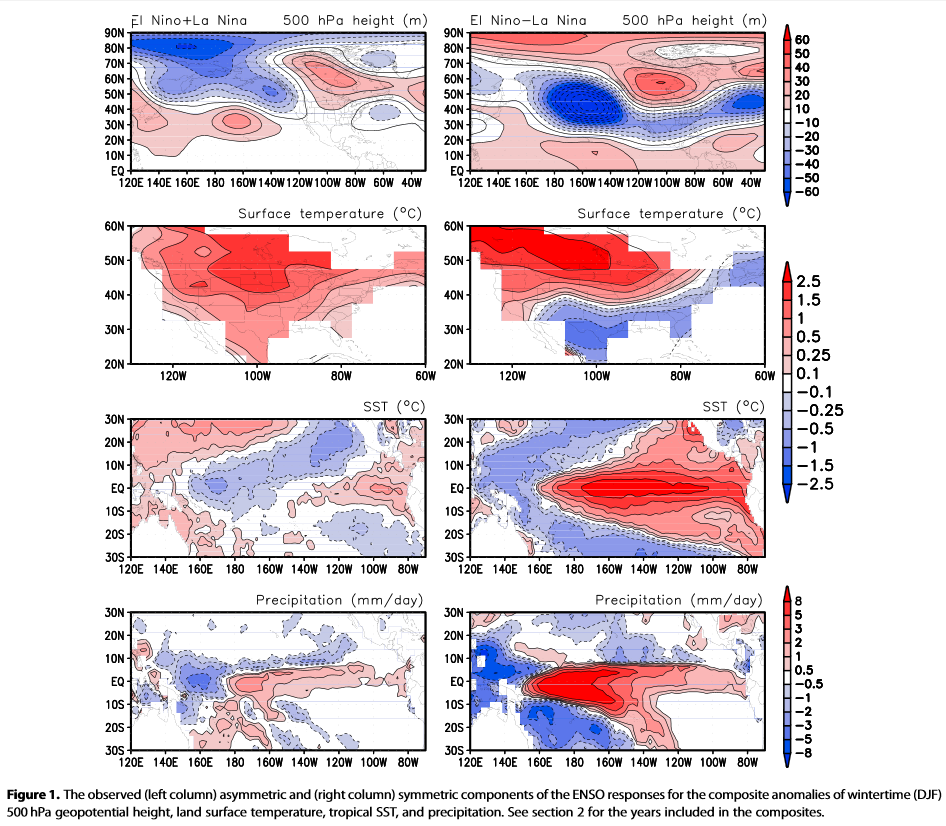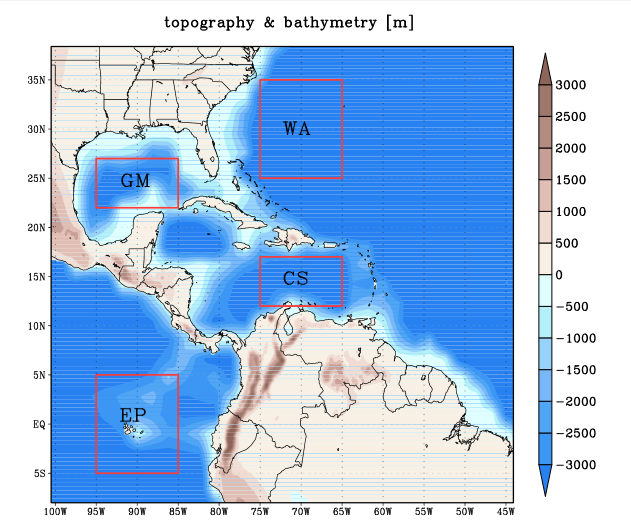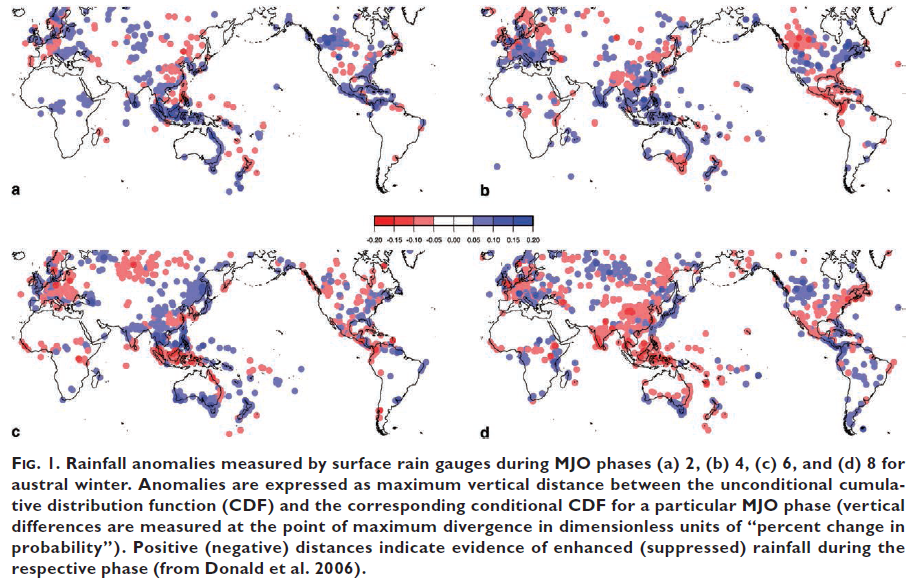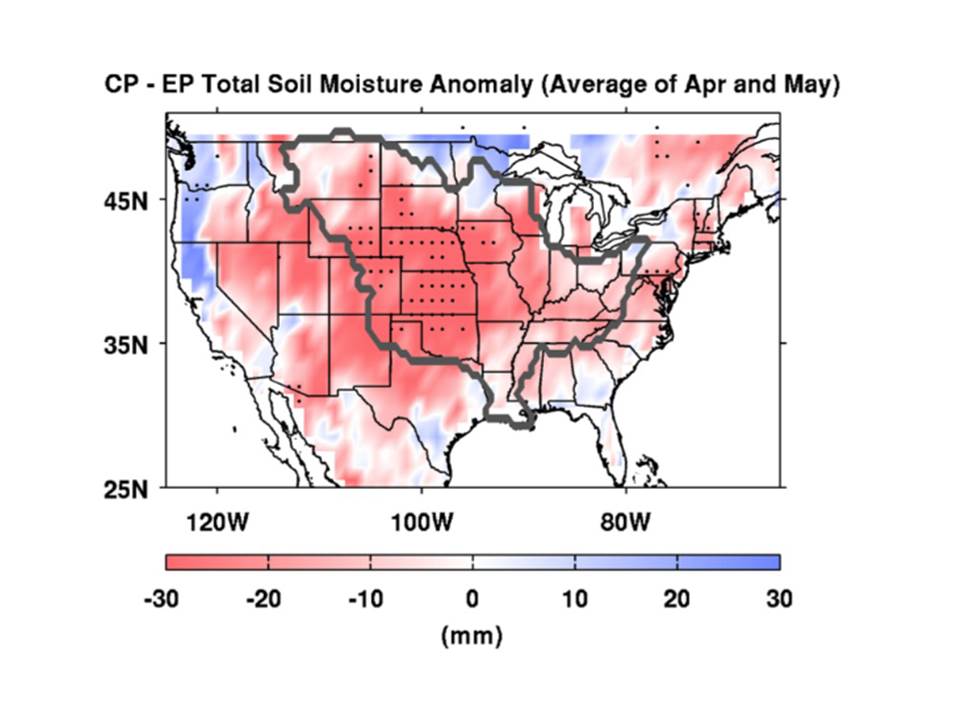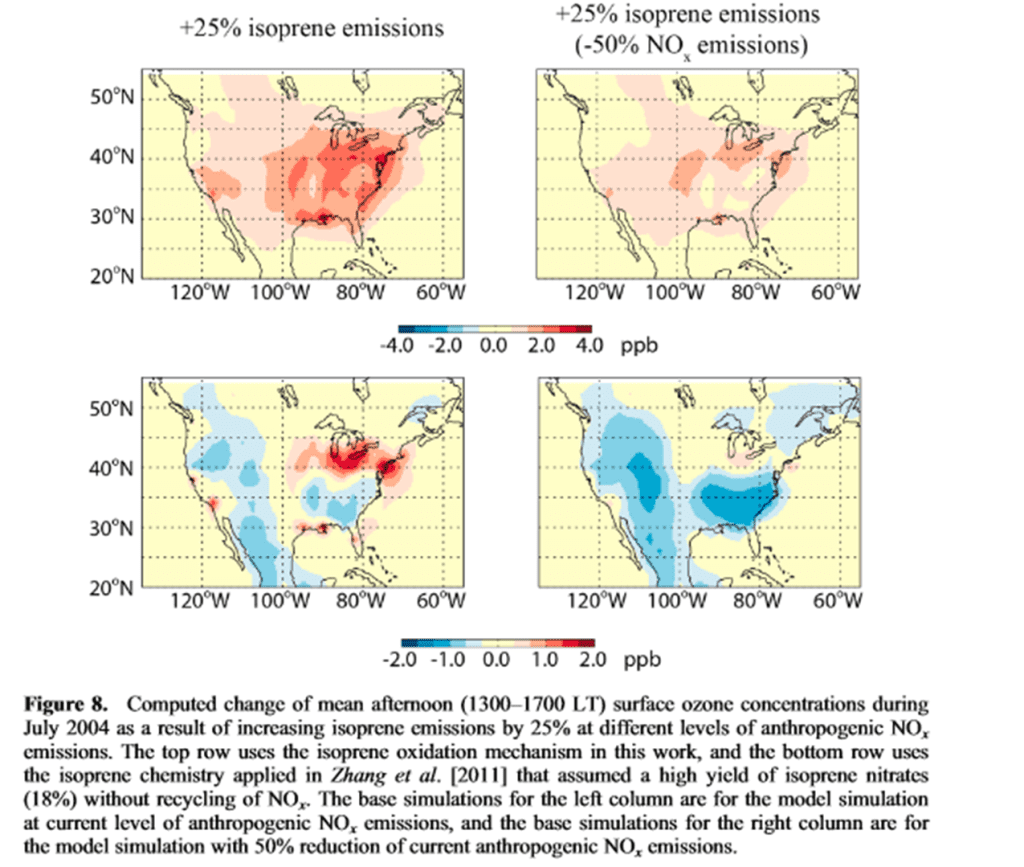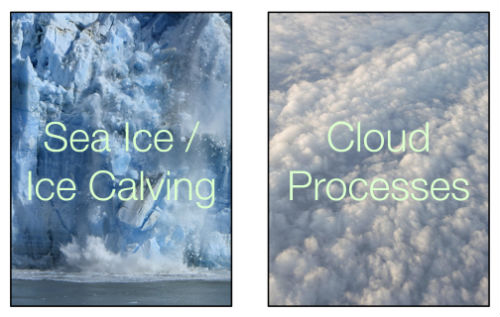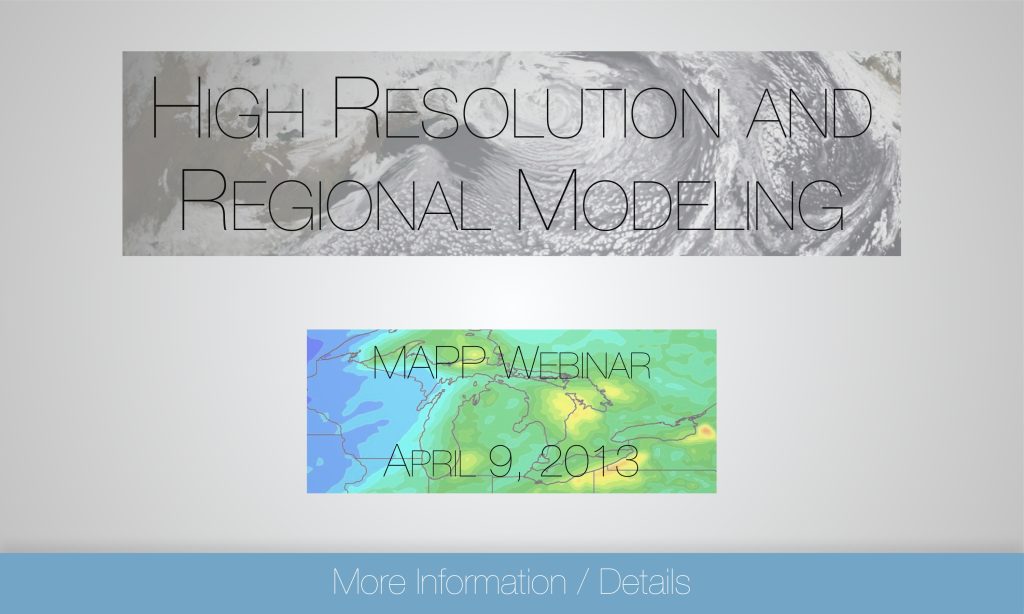What is responsible for the strong observed asymmetry in teleconnections between El Nino and La Nina?
Research funded by CPO’s Modeling, Analysis, Prediction, and Projections (MAPP) program focusing on observed asymmetry in teleconnections between El Nino and La Nina was published in the February issue of Geophysical Research Letters.


